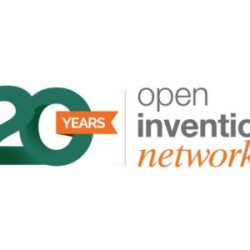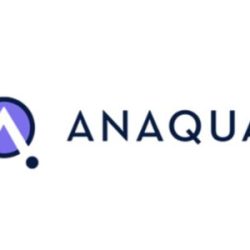The Fintech Open Source Foundation (FINOS) conducted its third-annual survey to understand the state of open source adoption, contribution, and readiness in the financial services industry. Its findings demonstrate an increase in open-source participation on the part of the financial services industry. In fact, nearly all organizations – approximately 94% – allow some level of open-source consumption. 78% report increased value from open source usage compared to a year ago. This is a significant increase over last year when 62% of respondents reported getting more value.
According to the report, open-source contribution policies at financial services firms have become more permissive compared to last year. Approximately 65% of respondents noted an increase in the time and effort their organizations allocate for them to contribute to open source. Additionally, respondents identified artificial intelligence (AI)/machine learning (ML), cybersecurity, and cloud/container technologies as the most valuable open-source technologies for the future of the industry.
Companies using open source have adopted the co-opetition ethos. Share basic technology building blocks and compete higher in the technology stack through differentiated offerings. This significantly increases core technology innovation cycles and enables businesses to focus their research on differentiating capabilities, also driving innovation.
Bad actors, namely aggressive corporations and patent assertion entities could be a hindrance to open source adoption and use in fintech. However, some of the leading financial institutions and their technology partners have sought core technology patent peace.
Patent peace in fintech
Open Invention Network is the largest patent non-aggression community in history. Its role is to generate patent peace through a royalty-free cross-license. Banks such as Barclays, Royal Bank of Canada, Bank of America, Sumitomo Mitsui, US Bank, Toronto Dominion Bank, and The Bank of Nova Scotia are all community members. As are financial services companies such as ADP, Ally Financial, Ant Group, Block Broadridge, Equifax, Rakuten, Stripe, and TransUnion.
Open Invention Network is a community of more than 3,800 organizations. It leverages a free license to require participant companies to forebear litigation and cross-license patents in the core of Linux and adjacent open-source software. Given that almost all financial services and fintech platforms either run on open-source software or contain open-source components, joining the group is a good first step in reducing patent risk. Its work to stifle patent trolls for its community is another strong reason to join.
Fintech has delivered many benefits and promises a great deal more. That said, industry participants looking for patent peace in their use of open-source software should investigate joining the Open Invention Network.
You may also like…
Enhanced by AI, comprehensive IP management systems are the superior choice
Currently, many organizations are attempting to address their diverse intellectual property (IP) needs by implementing...
The semaglutide saga continues: navigating generic entry and reinforcing patent strategies in Canada
In our July 2025 analysis, “The Semaglutide Story: Highlighting the Need to Maintain Patent Protection in Canada,” we...
Smart AI automation in IP management
Just like websites, smartphones, and open-source software dramatically changed our modern era, artificial intelligence...













